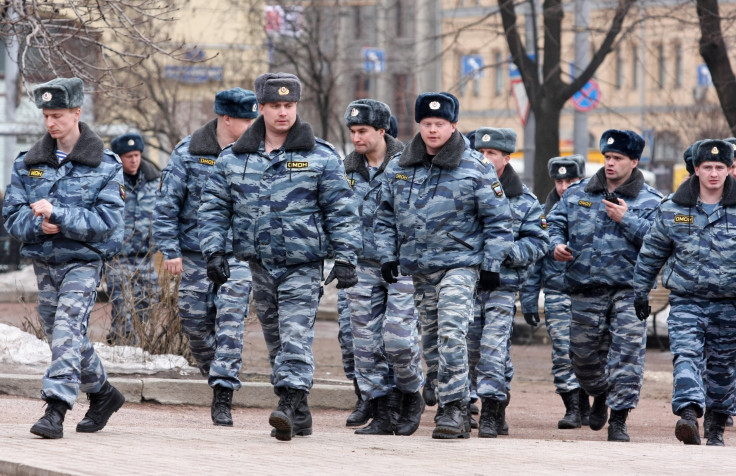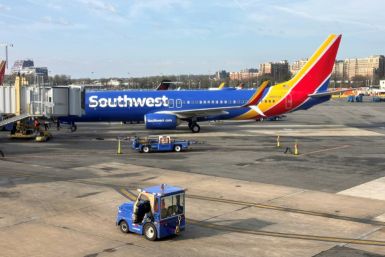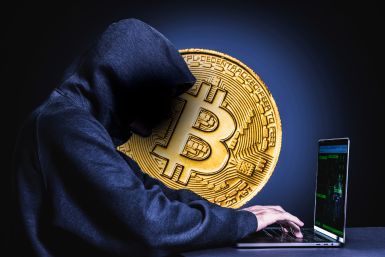Russia Anti-Islamist Crackdown? 20 Supporters Of Outlawed Hizb Ut-Tahrir Group Detained, Dozens Others Under Investigation

Some 20 supporters of Hizb ut-Tahrir, an Islamist organization outlawed in Russia, were detained in and around Moscow, as up to 100 others were under investigation, a source in Moscow’s security services told Russian media Tuesday. A majority of those detained reportedly were engaged in recruitment for the organization, the source said, according to Russia Beyond The Headlines.
"During search operations in Moscow and the Moscow region, some 20 people were detained as part of criminal investigations opened under articles of the Russian Penal Code concerning the organization of terrorist activity or participation in extremist organizations," the source reportedly said. Police also confiscated computers and banned books, which they said included extremist material.
Hizb ut-Tahrir is a controversial Islamist movement with thousands of supporters worldwide that has called for the establishment of a state based on the Islamic model of a caliphate. Proponents reject democracy and secularism, but also condemn the use of violence. Hizb ut-Tahrir supporters reject the legitimacy of the Islamic State militant group, also known as ISIS, which has declared a caliphate in Syria and Iraq.
Hizb ut-Tahrir is "totally opposed" to ISIS, politely noting their members now being hunted down by the group
http://t.co/sY6hJy2Spm
— Alastair Sloan (@alastairsloan) October 10, 2015
Some individuals believed to have links with the group have been accused of carrying out violent attacks, but the group was not seen to have any direct links to terrorism. Hizb ut-Tahrir has been banned in a number of Arab, central Asian and south Asian countries. Some have brought into question Hizb ut-Tahrir's stance opposed to violence, describing it as a gateway to more violent groups.
Russia has repeatedly sought to crack down on the movement. Earlier this month, three suspects were arrested in the Russian city of Chelyabinsk. Those suspects, if found guilty, could face a possible 10 years in prison, according to Radio Free Europe/Radio Liberty. The movement was banned in 2003 when Russia branded its supporters as “extremists.” The group has refuted attempts to link it with terrorism.
The arrests come as Russia has increased involvement in the Syrian civil war in the hope of bolstering Syrian President Bashar Assad and has launched a number of airstrikes against Islamic militant and rebel groups there.
© Copyright IBTimes 2024. All rights reserved.












